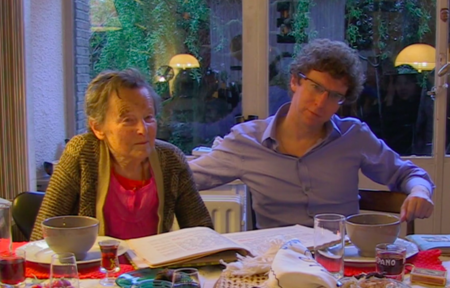Jennifer Senior in NYT on criticism and sensibilities:
'I only recently became a book critic. In 2014, when my own book came out, I remember living in deathly fear of the person I now am. How many jobs involve submitting your work to the scrutiny of a paid corps of strangers? It seemed, at the time, like someone’s idea of a cruel joke. And I instantly understood why Nathan Zuckerman fantasized about quitting the novel-writing business and becoming an obstetrician in Philip Roth’s “The Anatomy Lesson”: “He catches what comes out and everyone loves him. When the baby appears they don’t start shouting, ‘You call that a baby?’”
Now, as a person who writes reviews for a living, I am curious to know: How do professional authors handle unsparing criticism, written in just a few days or weeks, of something they’ve toiled over for years? I decided to ask Curtis Sittenfeld, author of “Prep,” “American Wife” and most recently, “Eligible,” a modern retelling of “Pride and Prejudice.” In the last three years Curtis has become a friend, and she’s remarkably honest about such matters. She’s also willing to take real risks in her writing — imagining the inner life of Laura Bush, reimagining a beloved classic — which means she’s made herself critically vulnerable in all sorts of ways. Here are edited excerpts from our email exchange.
O.K., the obvious questions first: Do you read all your reviews?
No. I read more of the early ones and more of the ones from publications I respect. I think of reviews being mapped on a graph with four quadrants, and I’ll read the ones that are smart and positive, smart and negative, or dumb and positive (hey, all our egos need a little sustenance!). But there’s no point in reading a dumb, negative review.
You’ve now written five books. Your feelings toward reviews must have evolved over the years, yes?
I take criticism less personally, and I recognize that sometimes fate smiles on you and sometimes it doesn’t. I’m aware more than I was before I had books published that any review is a bit arbitrary — it’s not really, say, The New York Times that’s authoritatively weighing in on the quality of a book, though it seems this way to the public. It’s actually one reviewer weighing in (maybe a daily reviewer like you, but maybe a random novelist like me who reviews one or two books a year), and all of us as individuals have quirky, subjective taste.
When my first book, “Prep,” was published, I also realized I had to accept that many reviews would contain factual errors, and some would misunderstand the book. Unless you receive a rave, especially in The Times, it’s tempting to write a letter to set the record straight, but I literally don’t think I’ve ever read a letter from a writer complaining about his or her negative review that made the writer look good. You’re better off just biting your tongue.'
Read the article here.
Biting your tongue is almost always in any circumstance the best strategy.
But I have to add that one of the rare advantages of my mother's illness was that she stopped reading reviews of my books.
